SC issues mandamus to appoint NC’s Deuba as PM in two days
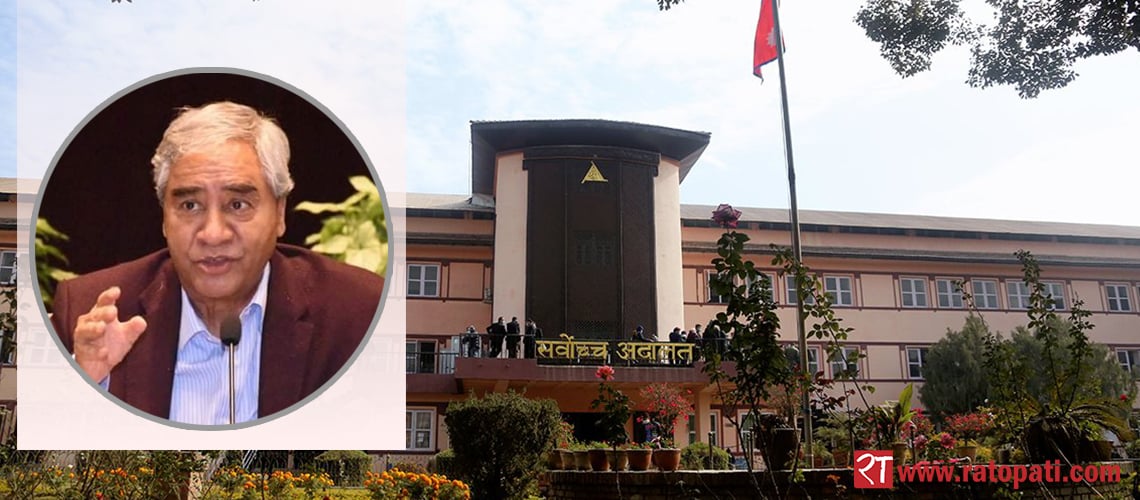
KATHMANDU, July 12: The Supreme Court on Monday issued a mandamus to appoint Nepali Congress (NC) President Sher Bahadur Deuba as the prime minister.
The constitutional bench, presided by Chief Justice Cholendra Shumsher JB Rana, restoring the House of Represenatives (HoR) issued the order in the name of the Office of President that Deuba be appointed as the prime minister as per Article 76 (5) within two days.
The five member bench comprises senior most justices of the apex court --- Dipak Kumar Karki, Mira Khadka, Ishwar Prasad Khatiwada and Anand Mohan Shrestha --- and CJ Rana himself.
As many as 26 writ petitions were filed at the apex court demanding it reinstate the 275-member lower House of parliament, while four other petitions have asked the court to issue an order to appoint KP Sharma Oli as the prime minister as per the Article 76 (5) of the Constitution of Nepal.
It is to be noted that President Bidya Devi Bhandari, at the recommendation of the KP Oli-led Cabinet, dissolved the House as per Article 76 (7) and announced fresh parliamentary elections for November 12 and 19, at 1 AM on May 22.
It was the second time in five months that the lower house got dissolved. Earlier, the Supreme Court’s Constitutional Bench had restored the House, which was dissolved on December 20, 2020, on February 23.
Earlier, Bhandari rejected the two claims staked for the new government formation as per Article 76 (5). Nepali Congress (NC) President Sher Bahadur Deuba and Prime Minister KP Sharma Oli claimed to have the support of a majority of lawmakers in parliament. While PM Oli said that as many as 153 lawmakers --- 121 from the UML and 32 from the Janata Samajbadi Party (JSP) --- supported him for new government formation, Deuba also claimed to have support of 149 lawmakers --- 61 from NC, 49 from CPN (Maoist Center), 26 from ruling CPN-UML’s Madhav Nepal faction, 12 from Janata Samajbadi Party’s Upendra Yadav faction and an independent lawmaker. The claims from both the leaders were rejected citing the lack of strong bases for new government formation as per Article 76 (5).
Hearing on the case concluded on July 5 as the plaintiffs and defendants debated for 15 hours each. Similarly amicus curiae also presented their opinion on the case for a couple of hours.



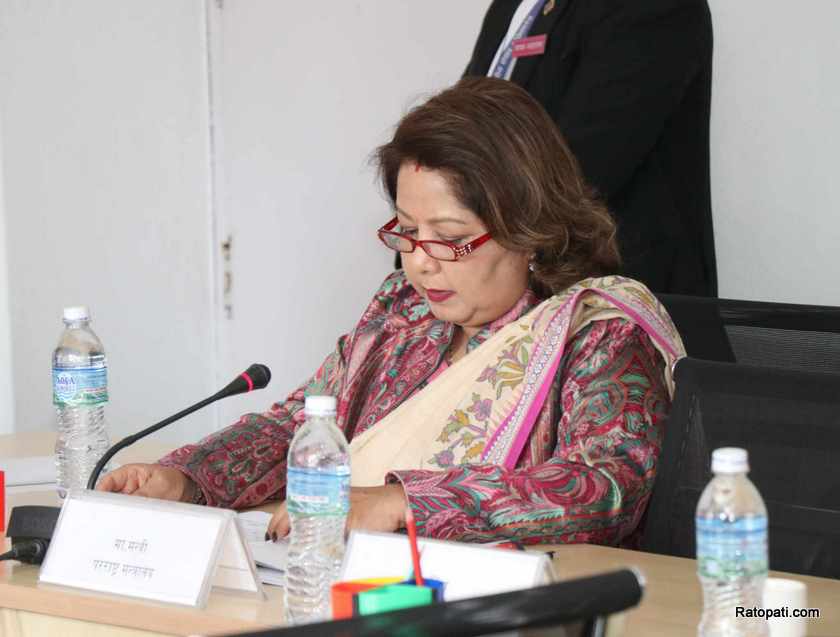


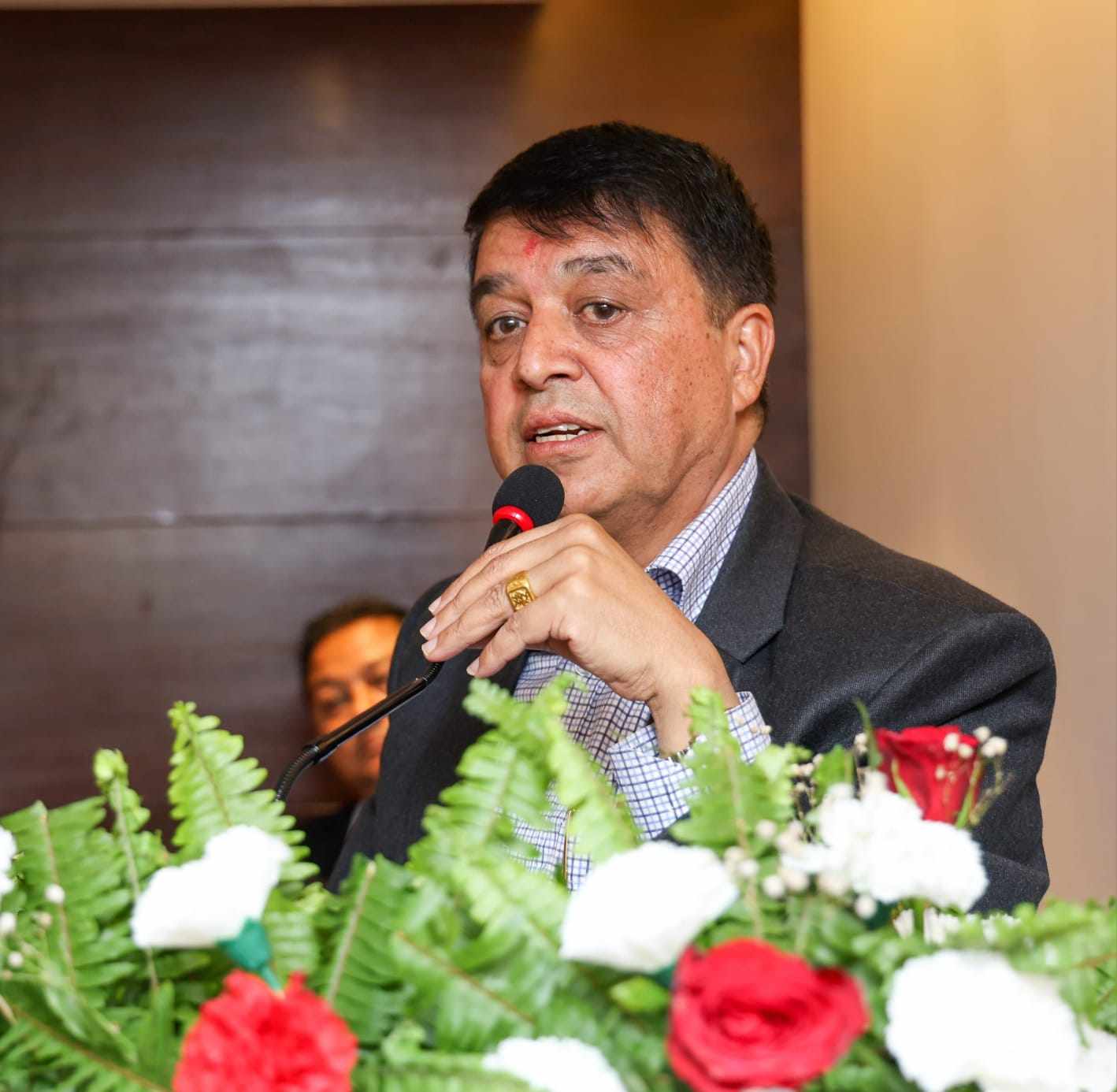
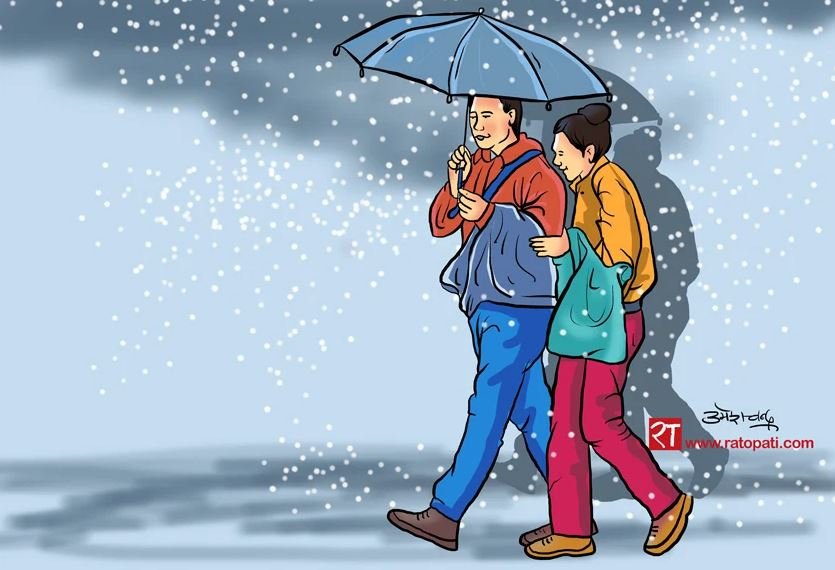

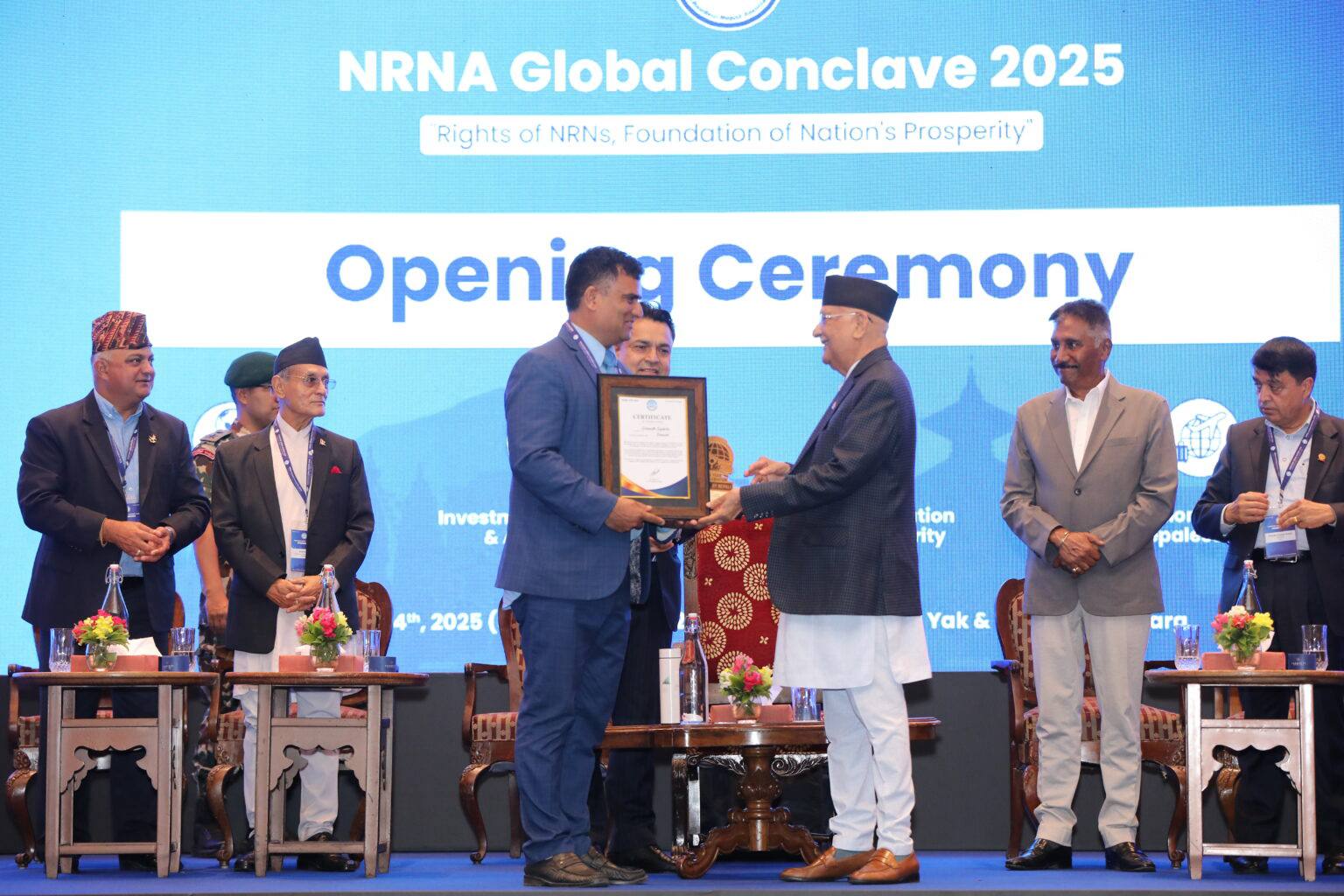
Leave Comment